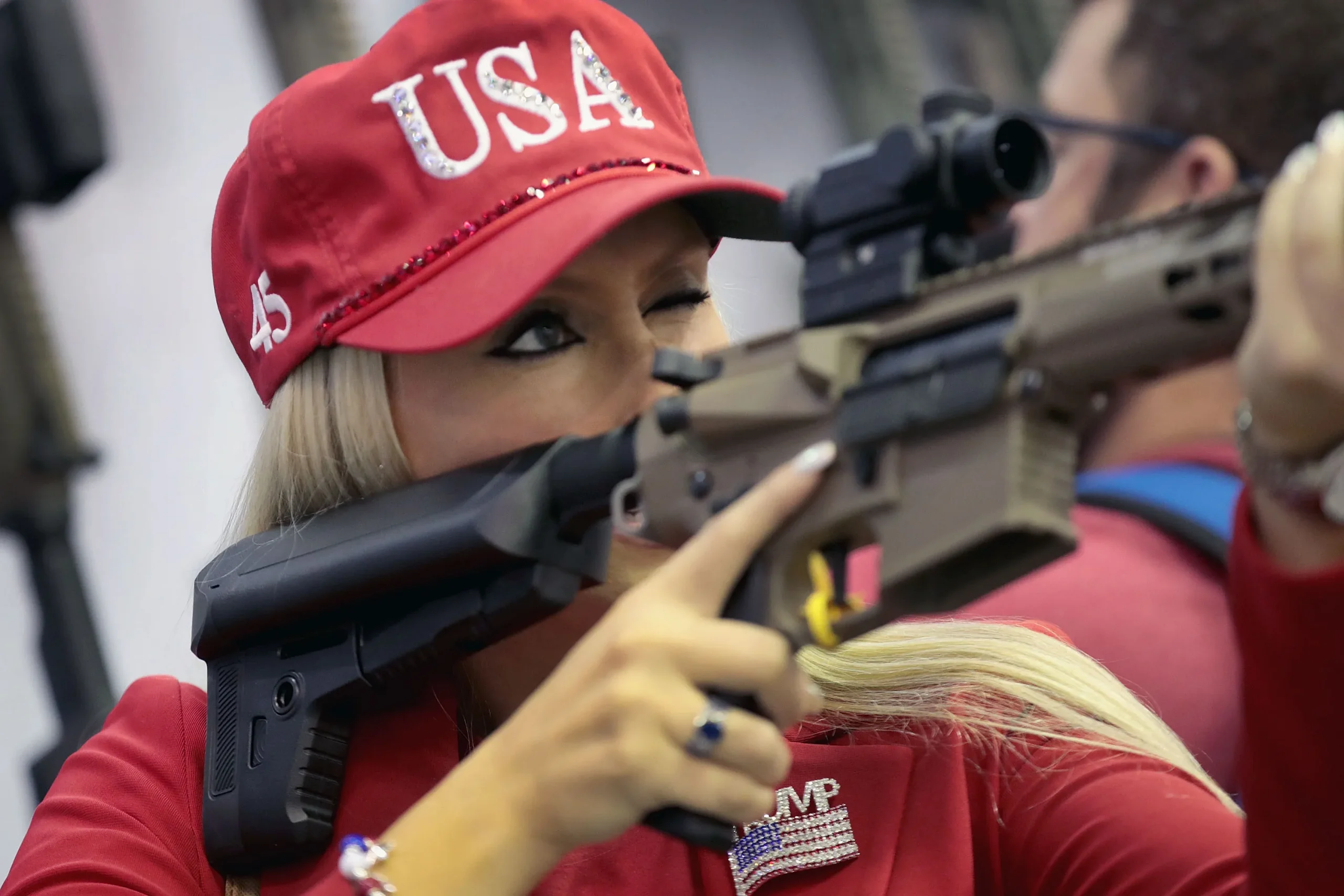This may come as a surprise to you but it’s not just gunmakers that are funding America’s most powerful gun lobby
The organisations total revenue which includes membership fees totals more than $400 million dollars.
This money is mainly used for education and training programs, which helps the NRA recruit members and spread the pro-gun message.
But according to CNN, the NRA has a separate pool of money to influence policy and lawmakers.
CNN’s report says that this money comes from everyday Americans, and these contributions help keep pro-gun lawmakers in office.
Some of the funding also comes from big corporations, mostly from the gun industry which donate millions to the NRA
But the NRA is banned from using the money that comes from companies to campaign, this branch is called the political action committee.
And that’s why individual donations are crucial.
The NRA receives more than $100 million dollars from individual donors.
And data indicates that donations increase if the risk of losing the right to buy and own guns increases.
Most individual donations are less than $200 dollars.
According to federal law, the maximum that can be given to the NRA annually is $5,000 dollars.
But the NRA has proven to raise large sums with small donations.
And this has been seen as unusual for a special interest group.
The NRA also has a powerful lobbying arm, which is called the ‘nonprofit NRA Institute for Legislative Action’.
And through these efforts, it can both receive millions of dollars in donations from corporations and it can also donate directly to candidates.
Even though the group does not disclose where contributions come from, major gunmakers like Smith & Wesson and Sturm, Ruger & Company have announced large donations in the past
So where does the funding come from that powers the NRA and makes it one of the most powerful and politically influential groups is the USA.
For them, it’s the donations and support from Americans all over country.
But the fact is that there is also a lot of money that’s coming from large corporations.



 Tech3 days ago
Tech3 days ago


 News3 days ago
News3 days ago


 Money3 days ago
Money3 days ago


 Tech3 days ago
Tech3 days ago


 News3 days ago
News3 days ago


 News2 days ago
News2 days ago


 News2 days ago
News2 days ago


 News2 days ago
News2 days ago














